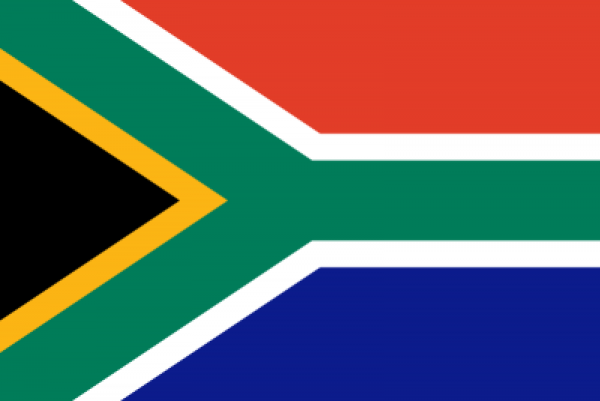South Africa Preparing to Embrace Internet Gambling

South Africa is about to move full thrust into the billion dollar Internet gambling industry.
South Africa's parliament approved a new Internet gambling law to regulate an industry plagued by crime and vulnerable to money laundering and terrorism financing in May.
The South African National Gambling Amendment Bill (the "NGAB") legalizes online gambling in South Africa and establishes a licensing and regulatory system for this industry. NGAB curtails the negative socioeconomic effects of an unregulated online gambling industry. The NGAB is still pending signature by the South Africa's President.
In May 2008, the South African Parliament approved new legislation regulating online gambling in South Africa. The NGAB was drafted in response to a report conducted by South Africa's National Gambling Board (the "Board"), which found that the National Gambling Act 2004 had to be amended to include regulations for online gambling. NGAB's objective is, "to provide for the regulation of interactive gambling so as to protect society against the stimulation of the demand for gambling; to provide for the registration of players and opening of player accounts; to provide for the conditions applicable to interactive gambling licenses; to provide for further protection of minors and other persons vulnerable to the negative effects of gambling; ... to prevent gambling from being associated with crime, money laundering or financing of terrorist and related activities."
The NGAB establishes rules for online players' registration and allows Websites to exclude certain group of players. It also requires that online gambling providers afford fairly treatment to their registered players. Dispute resolution procedures between players and online gambling operators are also set forth in the NGAB.
This situation has resulted in a considerable loss of revenue to the national fiscus and compromises the country's reputation as a responsible global citizen," parliamentary papers said.
The new bill aims to address the negative socio-economic effects associated with gambling and deals specifically with issues of problem gambling, player protection, licensing, taxation and advertising.
Every online player would need to be registered with a licensed interactive gambling provider and submit an affidavit to ensure they were older than 18 years.
"The purpose of this Act is to ensure that all gambling activities are conducted responsibly, fairly and honestly (and to) protect minors and other vulnerable persons from the negative effects of gambling," the papers said.
Problem gambling will remain a concern.
Don Ross of AllAfrica.com:
Until very recently, social and behavioural scientists didn't know very much at all about problem gambling. They had no idea what caused it. They didn't know if all problem gamblers responded to similar kinds of interventions. They didn't know whether some kinds of gambling were more dangerous to people with gambling problems than other kinds of gambling. They didn't even have reliable estimates, in any country, as to what proportion of the general population, and what proportion of active gamblers, have gambling problems.
There is still much about problem gambling we don't know. Research continues throughout the world, including in SA. This year, researchers in the School
of Economics at the University of Cape Town (UCT), along with colleagues at the University of KwaZulu-Natal and others based in the US, are conducting the most thorough study of gambling behaviour yet done in SA. After the results of that work are in, we should have a much clearer idea of the extent and nature of the issue here.
----
Jagajeet Chiba, Gambling911.com
Originally published July 15, 2008 10:03 am EST













